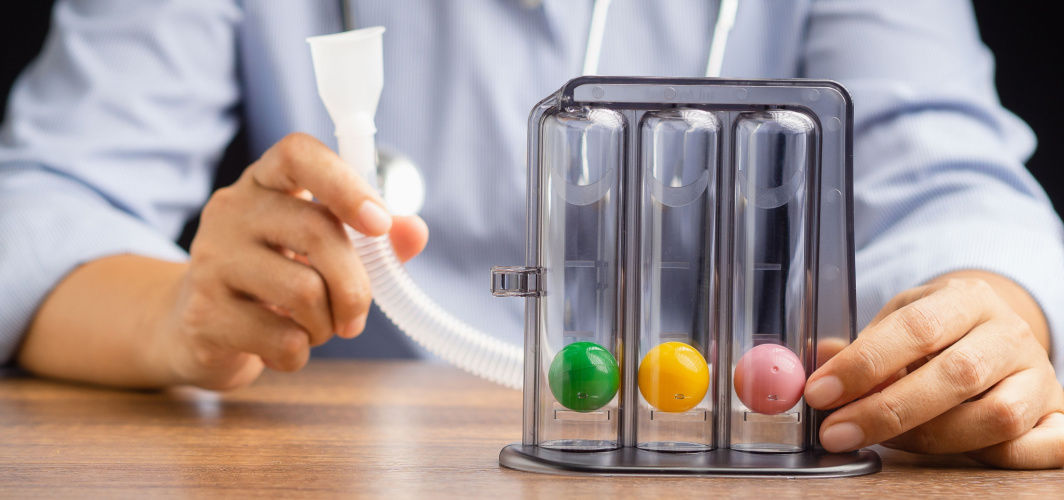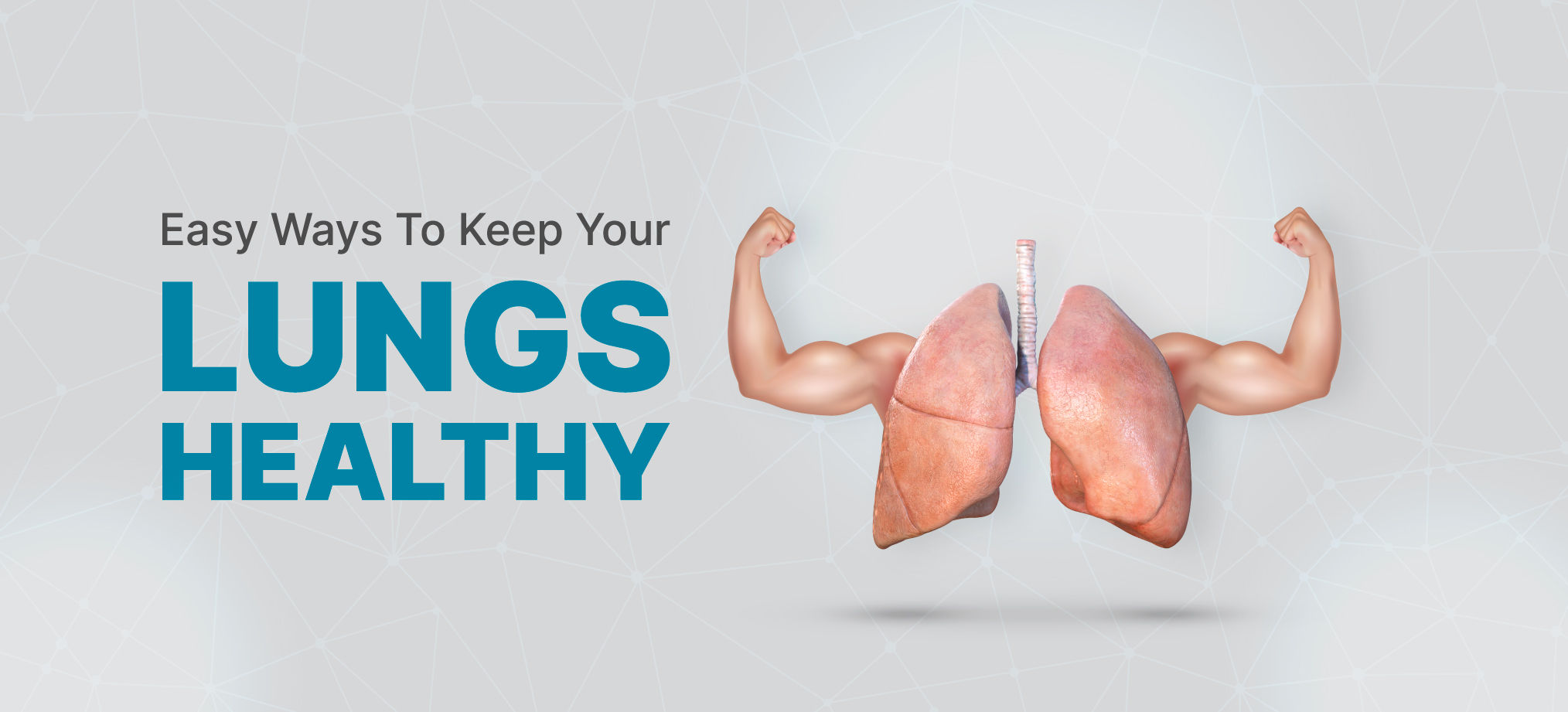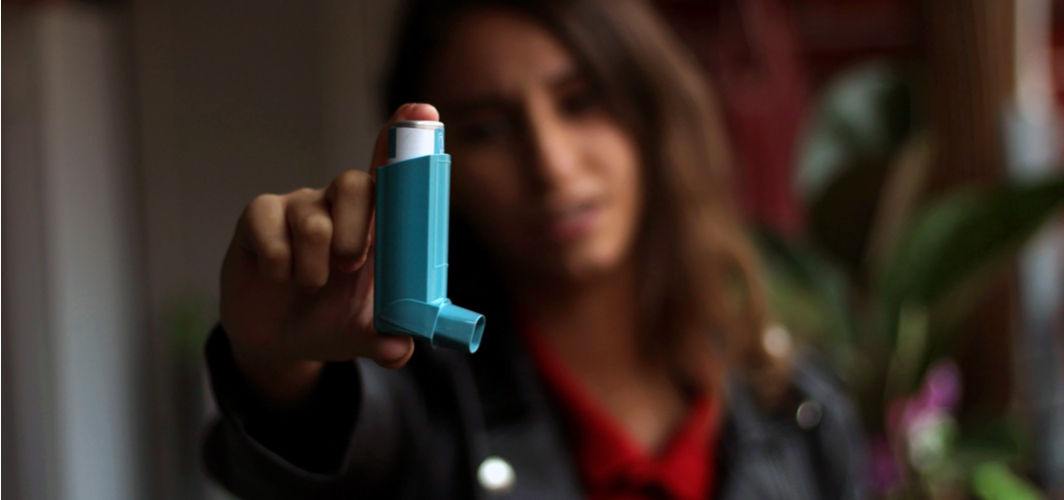Respiratory Health
Hyperpnea: Is Deep Breathing Always a Sign of an Underlying Condition?
4 min read
By Apollo 24/7, Published on - 21 June 2021, Updated on - 18 October 2022
Share this article
0
6 likes

Our cells need oxygen to derive energy and the breathing process helps us get that oxygen from the air. When at rest, we normally breathe at a rate of 12-20 breaths per minute. Sometimes, one may breathe in deeper to make up for the loss of oxygen as a result of exercising, being at high altitudes, or due to illness. Hyperpnea is a state in which the breathing gets deep leading to an increased oxygen intake. However, the breathing rate and the concentration of gases (oxygen and carbon dioxide) in the blood remain almost the same.
Hyperpnea is sometimes used as a means to improve breathing in people with lung disorders and also as calming therapy. Unless one has an underlying medical condition that limits the oxygen intake (e.g. acidosis, heart condition, infection), hyperpnea is normal and may not require any treatment.
What are the causes of hyperpnea?
Hyperpnea either occurs due to the normal response of the body to any activity or environmental conditions, or due to an underlying medical condition. Therefore, the causes of hyperpnea can be divided into - physiological and pathological causes.
Physiological causes of hyperpnea:
- Exercising: Any strenuous physical activity or exercising can result in hyperpnea.
- Sleep: Research shows that during deep sleep, also called REM sleep, the body relaxes the respiratory dilator muscles that help in inhaling and exhaling while breathing. Thus, some people may experience episodes of hyperpnea, hypopnea (slow breathing), and apnea (temporary pause in breathing) during REM sleep.
- Cold weather: Some people may experience hyperpnea when they are exposed to cold temperatures, either in outdoor or indoor conditions like air conditioning.
- Higher altitude: Since the oxygen levels are low at higher altitudes, people tend to experience hyperpnea as it helps in increasing oxygen intake naturally.
Pathological causes of hyperpnea:
- Anaemia: Anaemia reduces the ability of the blood to transport oxygen to different parts of the body, which may result in hyperpnea.
- Asthma: Asthma may involve hyperpnea as a way of taking in more oxygen when you’re short of breath. A 2016 study indicated that exercise training involving deliberate hyperpnea may help improve the lung and airway problems in asthmatics.
- Chronic obstructive pulmonary disease (COPD): Some COPD patients may develop hyperpnea. A study published in the International Journal of chronic obstructive pulmonary disease stated that normocapnic hyperpnea, where the concentration of blood gases remains normal, can help in improving the performance of respiratory muscles in COPD patients.
- Panic disorder: People often experience hyperpnea during panic attacks.
- Metabolic acidosis: Hyperpnea is one of the symptoms of metabolic acidosis, which is a condition characterised by an excessive acid build-up in the body.
- Heart diseases: A study published in the journal Basic Research in Cardiology stated that hyperpnea occurs in patients suffering from chronic heart failure despite having normal lung functioning.
- Abnormal breathing pattern: Cheyne-Stokes respiration refers to a breathing pattern characterized by three steps; hyperpnea followed by hypopnea and ending with apnea.
Is hyperpnea different from hyperventilation?
Both hyperpnea and hyperventilation are types of abnormal breathing patterns. However, there are some differences between them, which include:
- Hyperpnea refers to deep breathing during exercising or doing some strenuous work. On the other hand, hyperventilation is characterised by deep and fast breathing, where the person exhales more than inhaling.
- Hyperpnea does not affect the rate of breathing and the concentration of gases in the blood. While in the case of hyperventilation, the breathing rate increases and the concentration of carbon dioxide reduces in the blood resulting in dizziness and light-headedness.
- Hyperpnea is considered a normal physiologic reaction unless it is caused due to an underlying condition. However, hyperventilation usually occurs due to some underlying condition such as stress, anxiety, depression, lung diseases or fever.
How can hyperpnea be treated?
Usually, hyperpnea is considered normal and hence, no treatment is required. However, if the episodes of hyperpnea are frequent, it may indicate an underlying condition. Therefore, the treatment of hyperpnea depends on the underlying condition diagnosed by the physician.
- In case of mild anaemia, the patient is advised to eat vitamin C and iron-rich foods, which are found in leafy greens and citrus fruits along with iron supplements. Patients with severe anaemia may require a blood transfusion.
- Patients suffering from COPD and asthma are given inhaled corticosteroids and bronchodilators to open the airways, reduce inflammation, and prevent the worsening of the condition.
- Patients diagnosed with metabolic acidosis are given sodium bicarbonate intravenously (through veins) to balance the acid levels. They are further given bronchodilators, steroids, supplemental oxygen, and anti-diabetic medications to treat other symptoms.
- People suffering from panic disorder are given anti-depressants to prevent the occurrence of attacks. They are further advised to reduce or stop the consumption of caffeinated and alcoholic beverages, nicotine and other recreational drugs to reduce anxiety. Regular exercise, adequate sleep, breathing exercises and yoga can also help improve the condition.
Takeaway
Hyperpnea is a natural response of the body to fulfil the need for oxygen during vigorous exercise, cold environment, and higher altitudes. However, prolonged hyperpnea can result in bronchoconstriction, which results in narrowing of the air passage. Furthermore, hyperpnea may also result from an underlying respiratory or cardiovascular condition. Therefore, people experiencing frequent episodes of hyperpnea must consult a doctor for further evaluation.
Respiratory Health
Leave Comment
Recommended for you

Respiratory Health
7 Common Myths and Facts about Asthma
Millions of people suffer from asthma but despite its prevalence, several myths and misconceptions surround asthma.

Respiratory Health
Difficulty In Breathing? Get This Test Done
Pulmonary function tests (PFTs) determine the functioning of the lungs. PFTs are essential in diagnosing and managing lung conditions.

Respiratory Health
Belly Breathing To Rib Stretches: 5 Exercises To Improve Lung Function
Some exercises like belly breathing, rib stretches and humming can improve your lung function and prevent them from getting affected by diseases and pollutants.
Subscribe
Sign up for our free Health Library Daily Newsletter
Get doctor-approved health tips, news, and more.
Visual Stories

Can Asthma Symptoms Get Worse Indoors?
Tap to continue exploring
Recommended for you

Respiratory Health
7 Common Myths and Facts about Asthma
Millions of people suffer from asthma but despite its prevalence, several myths and misconceptions surround asthma.

Respiratory Health
Difficulty In Breathing? Get This Test Done
Pulmonary function tests (PFTs) determine the functioning of the lungs. PFTs are essential in diagnosing and managing lung conditions.

Respiratory Health
Belly Breathing To Rib Stretches: 5 Exercises To Improve Lung Function
Some exercises like belly breathing, rib stretches and humming can improve your lung function and prevent them from getting affected by diseases and pollutants.